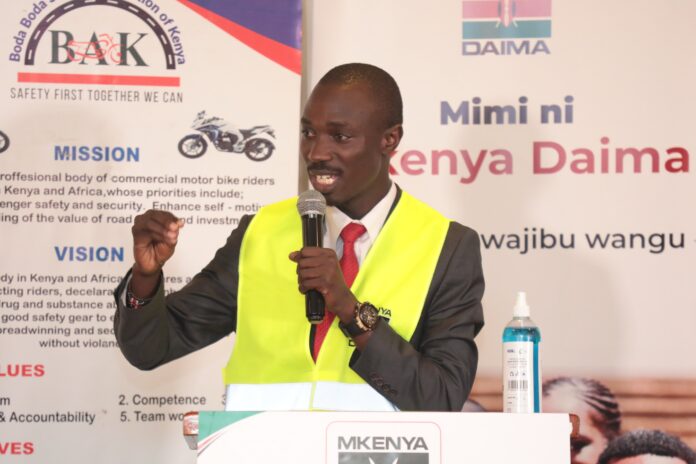By Henry Owino
Nairobi, Kenya:The public transportation sector is a vital part of any community, facilitating the movement of people and goods. However, it has also become a breeding ground for sexual and gender-based violence (SGBV), which has a devastating impact on the safety and well-being of countless women and girls.
In response to this undesirable conduct, five like-minded organizations have vowed to cooperate with the public transportation sector to combat SGBV. Instead of simply condemning the issue, these anti-SGBV advocates have decided to join forces in order to eradicate the issue from the transportation industry.
The proverb “if you cannot beat them, join them”, could be driving force behind: National Gender and Equality Commission (NGEC), Nairobi Metropolitan Area Transport Authority (NaMATA), Japan International Cooperation Agency (JICA), and UNFPA to join forces with transport sector especially boda-boda association of Kenya (BAK).
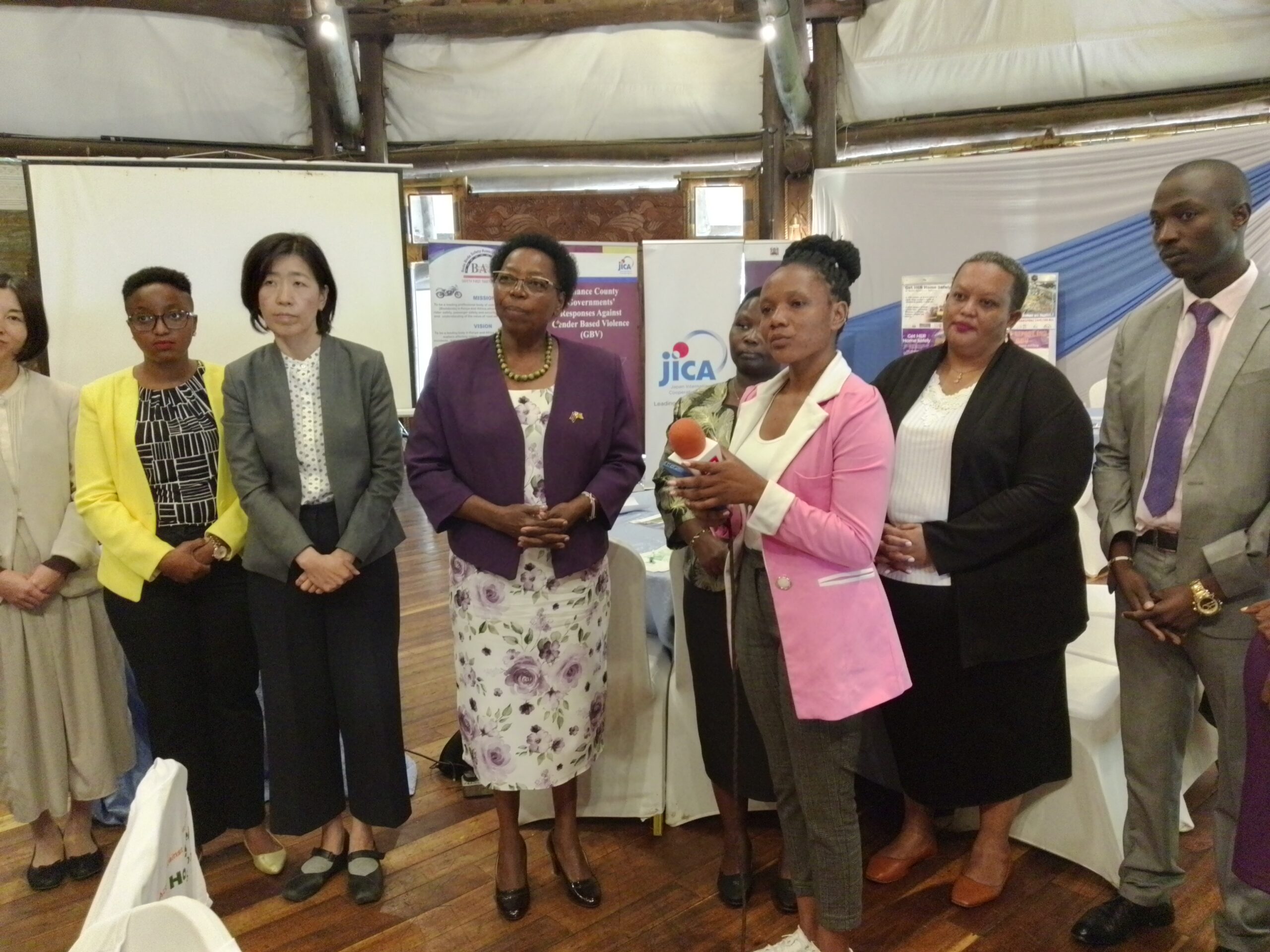
Transport sector stakeholders against SGBV scaled
The most accused unit in the transport sector for SGBV cases are motorbike taxi riders(boda-boda), the fast-growing business in the public transport industry. On the other hand, the anti SGBV crusaders are also moving with urgency to tame SGBV in the transport sector and possibly to end it.
To achieve this goal, the teams mobilized boda-boda leadership across the country including matatus and town service buses for elaborate discussions. They all welcomed the idea to work together as public transport stakeholders, identified and delegated crucial roles in achieving the goal.
The most reported SGBV types among the boda-boda riders include, rape, sexual assault, physical assault, psychological and emotional abuse.
The discussions took place in Nairobi during the launch of 16 Days of Activism against SGBV slated from 25 November to 10 December. Approximately 10 counties were represented by its chairpersons with national chairman standing-in for the rest of others.
Boda-Boda Commitments
Kevin Mbadi, Founder and National Chairman, Boda-Boda Safety Association of Kenya (BAK) on behalf of his colleagues committed to work together with anti-SGBV crusaders to clear their dented profession. Public outcry includes; sexual harassment, intimidation and disgusting verbal utterances especially towards female customers.
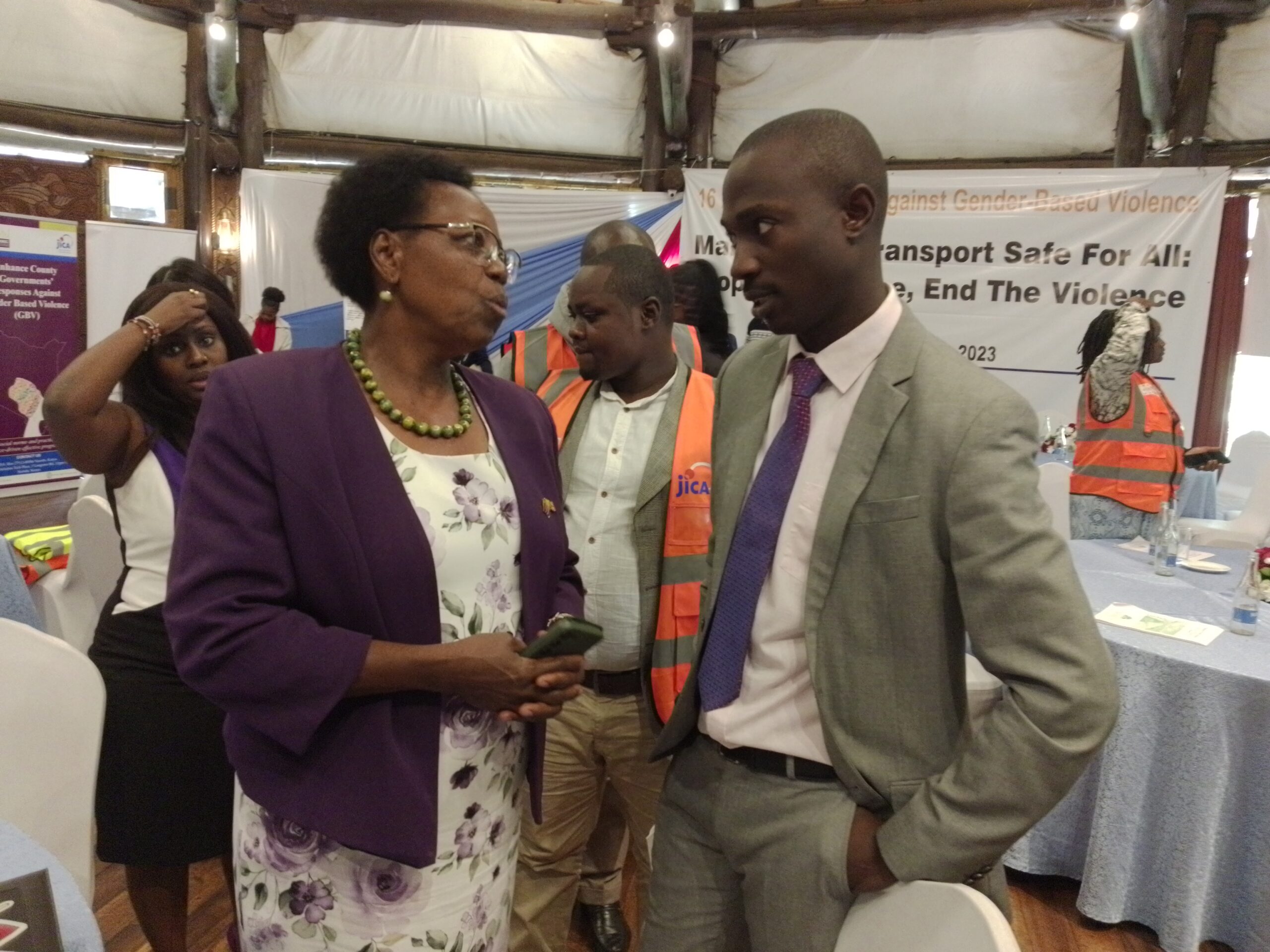 To exonerate riders’ reputation in the allegations, Mbadi promised to weed out the rouge individuals from the industry. He expressed his regrets admitting that a few individuals could be tainting the decent career but not all riders.
To exonerate riders’ reputation in the allegations, Mbadi promised to weed out the rouge individuals from the industry. He expressed his regrets admitting that a few individuals could be tainting the decent career but not all riders.
In an effort to clear riders’ names from the allegations, Mbadi pledged to remove the rogue individuals from the industry. He expressed regret that a small number of people could be tarnishing the good name of the profession, but not all riders.
Mbadi said not all riders are boda boda operators as there are those who buy motorcycles for criminal activities. So, there should not be blanket condemnation on all the over 1.8 million riders. He said he will reach out to all the 47 chairpersons in the counties and cascade new collaborations to sub-counties and also work with the police to restore order in the sector.
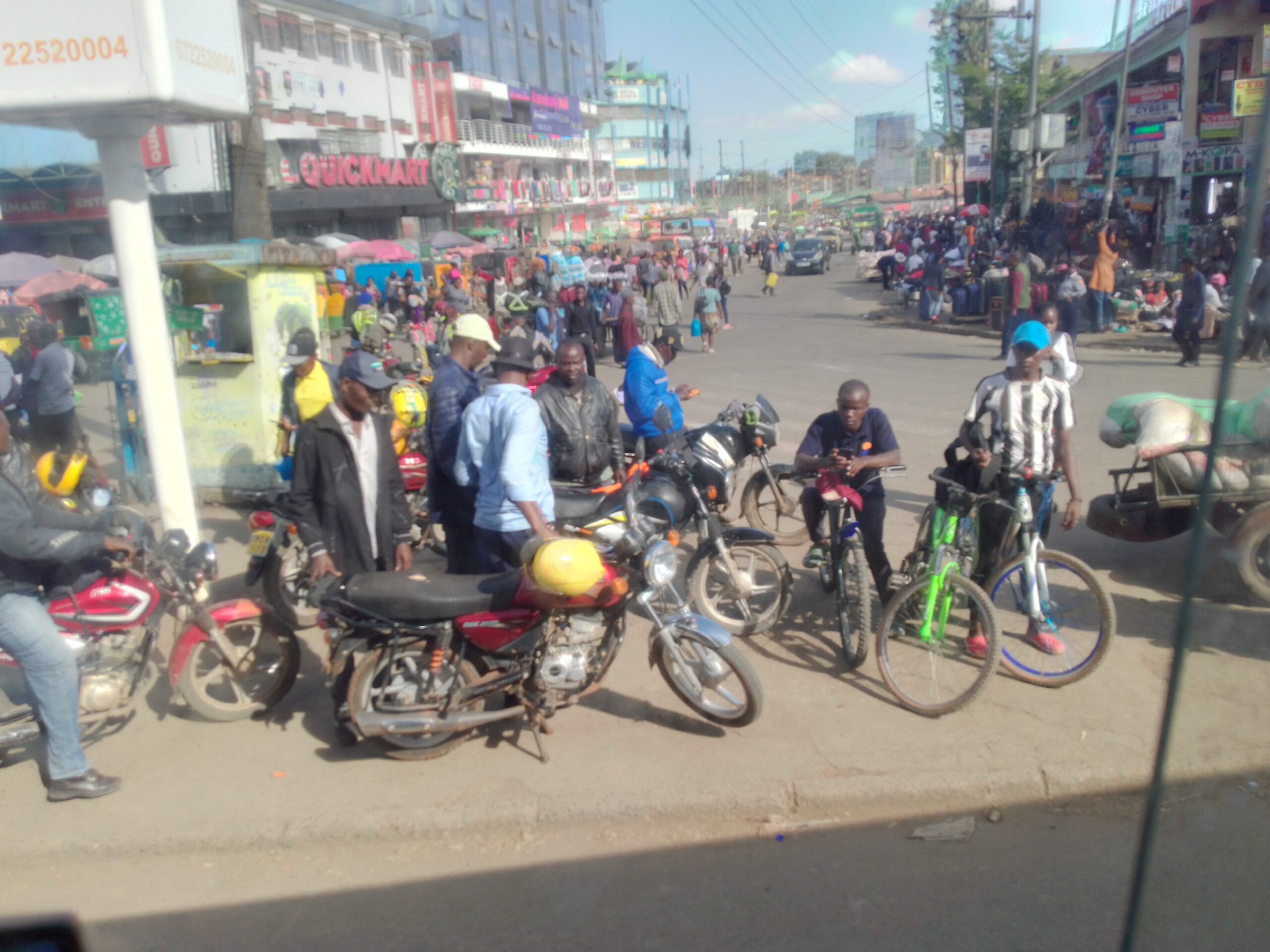
“I understand the importance of a good reputation in any serious business. We are sorry to all our customers across the country for any misconduct. What is at stake if it is damaged and what will happen if not protected,” Mbadi posed.
“I believe that a good name adds value to any business hence the need to work together with anti-SGBV crusaders. Whether the accusations are defamatory or meant to discredit the boda-boda profession, we are going to address the matter amicably,” he asserted.
It is against this backdrop that BAK Founder and National Chairman cautions all boda-boda riders and operators against uncouth and uncivilized behavior in the transport industry. He warned that sexually transmitted infections (STIs) including HIV will not spare such individuals engaging in immorality.
Mbadi made the remarks during the launch of 16 days of activism against SGBV at a hotel in Nairobi. The 16 days starts on 25 November and ends on 10 December every year.
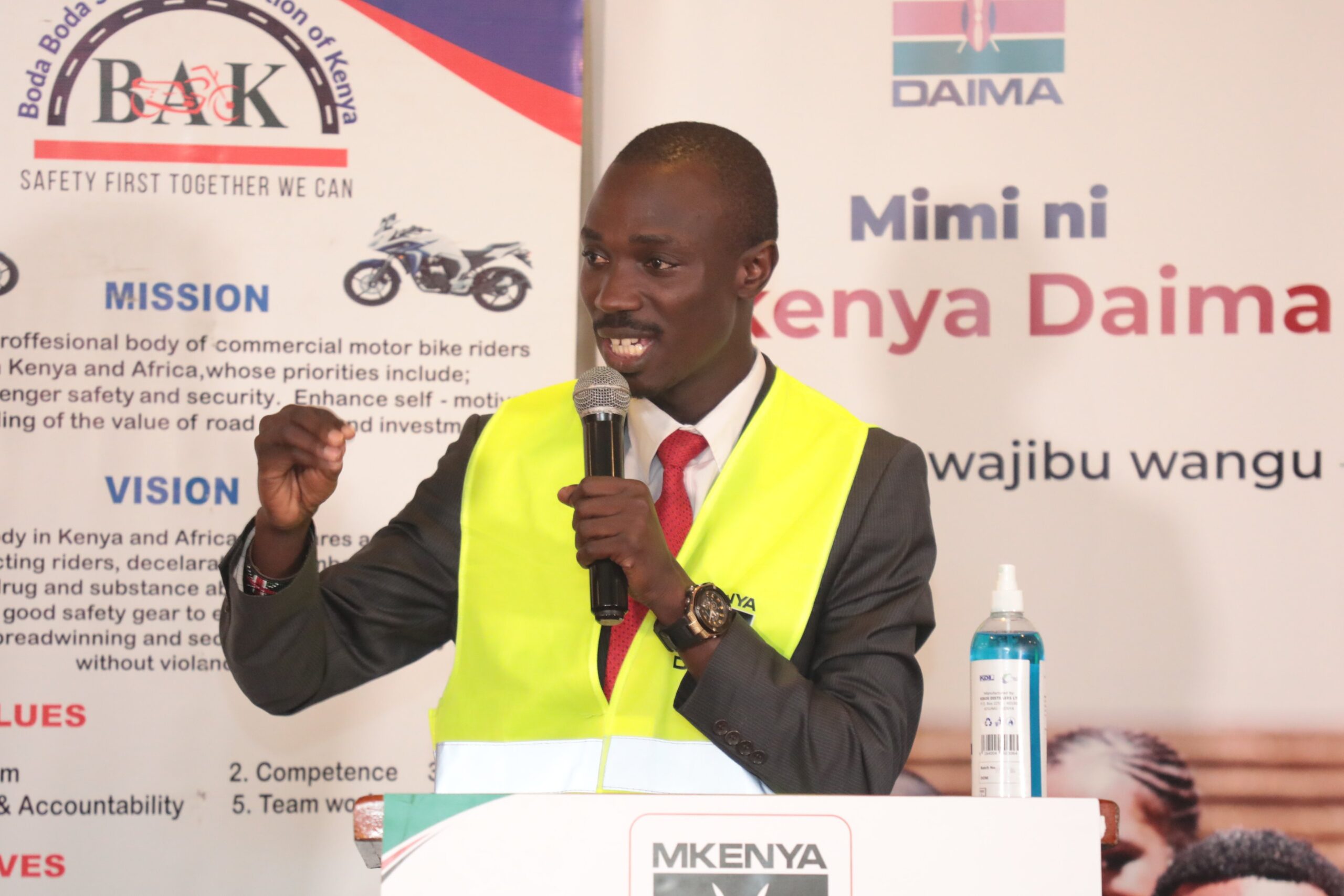
Collaboration Advice
According to Caroline Murgor, UNFPA Gender/GBV Advisor, prevention and elimination of violence against women and girls should not be promoted only during the 16 Days of Activism, but daily. It is critical in order to realize the transformative result of zero SGBV especially in the notorious transport sector.
“During 16 Days of Activism Against SGBV, we ought to recommit ourselves to concrete actions that protect women and girls in all their diversity. Let us recommit to building a world that is more just, inclusive and equitable, and where women and girls can live in peace,” Murgor advised.
The UNFPA Gender/GBV Advisor and National Coordinator, said SGBV takes various forms including physical assault, harassment, intimidation and others, women and girls in particular, are disproportionately affected by the acts. For instance, they face daily challenges when commuting to work, school, or engaging in other social activities.
“It is unacceptable that a simple journey from one place to another has become a source of fear and vulnerability for commuters. That is not tolerable in this time and age,” affirmed Murgor, UNFPA Gender/GBV Advisor.
“To tackle this issue effectively, we have come up with a multi-faceted approach that involves the government, transportation authorities, law enforcement, and the general public. This collaboration calls for commitments to end SGBV in our various jurisdiction capacities,” she emphasized.
Murgor explained that UNICEF defines SGBV as violence committed against a person because of his or her sex or gender. It is forcing another person to do something against his or her will through violence, coercion, threats, deception, cultural expectations, or economic means.
Although the majority of victims and survivors of SGBV are girls and women, boys and men can also be harmed by SGBV.
Mari Kato, Senior Representative of JICA Kenya, emphasized that harassment, assault, and intimidation should find no place in transport systems.
“I want each one of us to try to imagine your daughters, sisters, mothers or loved ones being harassed when commuting. A safe commute is everyone’s right, so let us be the ones to ensure, and sensitize others on the importance of the safety of our daughters, mothers and our loved ones,” Ms Kato equated.
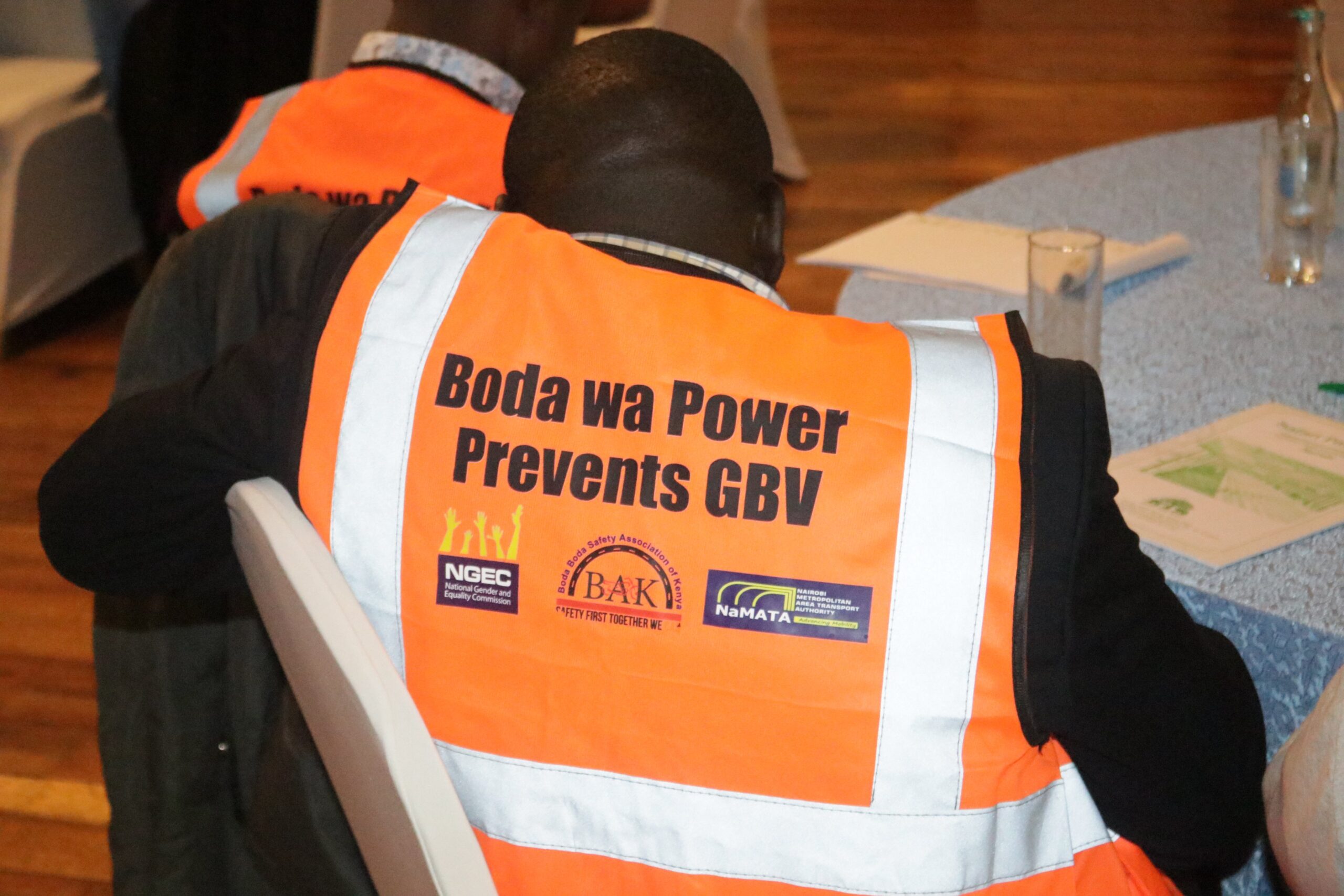
Sustainable Solutions
“Ending SGBV in the transport sector requires a concerted effort from all stakeholders. It is not merely a women’s issue; it is a societal problem that demands our collective attention and commitment,” Murgor said.
Again, transportation systems must be designed with safety in mind, incorporating measures such as well-lit areas, security personnel, and surveillance cameras to deter potential offenders. Moreover, training programs for transport personnel should emphasize the importance of respecting passengers’ boundaries and reporting any incidents promptly.
Law enforcement agencies must actively address SGBV cases in the transport sector, ensuring that perpetrators are held accountable for their actions. Establish specialized units to investigate and prosecute such crimes, sending a clear message that SGBV is not tolerated in any form.
However, responsibility doesn’t end with institutions. Individuals must actively contribute to the creation of a safer transport environment. Bystander intervention is a powerful tool in combating SGBV. Speak up, offer assistance, and report the incident to the appropriate authorities or call national SGBV-free hotline 1195.
By fostering a culture of solidarity and accountability, we can collectively create an atmosphere where perpetrators are deterred and victims feel supported.
Education also plays a crucial role in addressing SGBV. Promotion of public awareness campaigns to inform people about their rights, available resources, and the impact of their actions on others.
Great gains have been made towards realizing the ICPD Programme of Action’s vision for a world that puts individual dignity and human rights, including the right to live a life free from SGBV but there is need to move faster and include everyone.
Reflecting on progress made towards realizing the ICPD promise 30 years on, we are reminded that there is unfinished business. Working with urgency is a must to seize every opportunity to achieve the inclusive, equitable and sustainable vision of ICPD.
Transforming transportation systems into safe and inclusive spaces for everyone’s responsibility. Let us strive for a future where every journey is free from fear and violence.
Remember in June 2021, the Government of Kenya decided to end SGBV by 2026 by undertaking a series of 12 bold commitments. So, ending GBV in the transport sector as well requires a concerted effort from all stakeholders. It is not merely a women’s issue; it is a societal problem that demands our collective attention and commitments.

